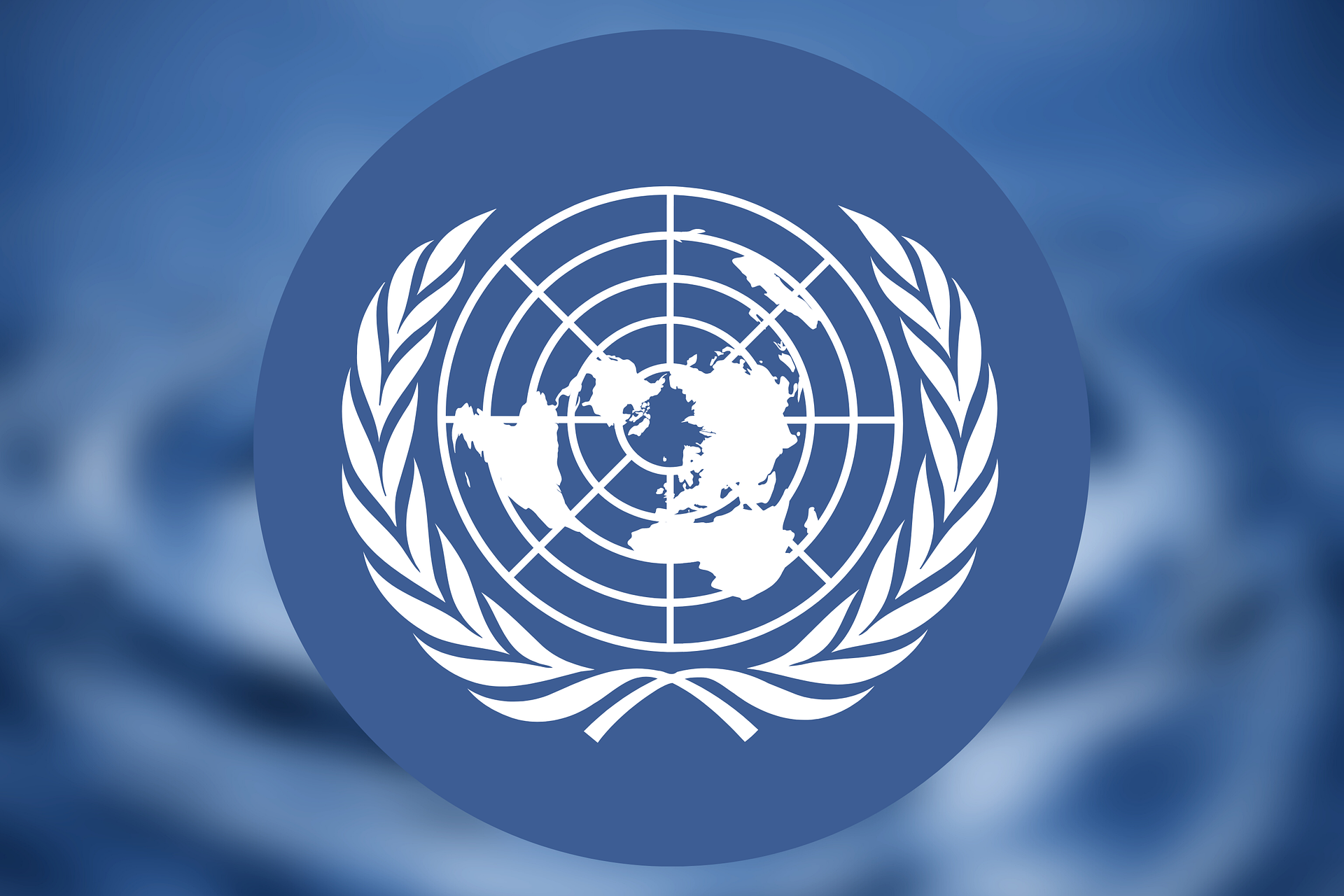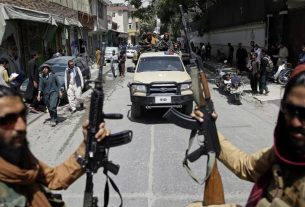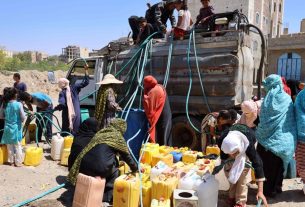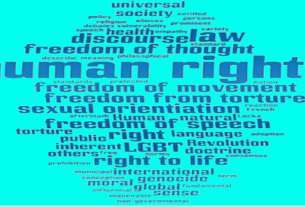The United Nations Working Group on Arbitrary Detention (UN WGAD) has called for the immediate release of former Niger President Mohamed Bazoum and his wife, Hadiza, citing violations of international human rights law. In a statement released on Wednesday, the UN WGAD condemned Bazoum’s detention, arguing that it contravenes the International Covenant on Civil and Political Rights (ICCPR), to which Niger is a signatory.
The UN panel emphasized that Bazoum’s detention was not carried out within Niger’s legal framework but as a result of the military coup that ousted him in 2023. The WGAD stressed that this arbitrary detention not only infringes on Bazoum’s right to personal liberty but also denies him a fair trial—fundamental rights protected under international law.
The statement comes amid growing concerns over the conditions of Bazoum’s confinement, which have been shrouded in secrecy. His legal team has echoed the UN’s call, urging the junta that currently holds power in Niger to cooperate with international human rights bodies and release Bazoum and others detained without due process.
Following the coup, Bazoum has been held incommunicado, with limited access to the outside world. His situation has drawn widespread international attention, with calls from human rights organizations and foreign governments to uphold his legal rights and ensure due process. In June 2024, a junta-backed court stripped Bazoum of his presidential immunity, paving the way for a possible trial, though no date has been set.
The UN’s demand for Bazoum’s release adds to the mounting pressure on Niger’s ruling junta. Should Niger continue to defy international norms by refusing to release Bazoum, it risks facing legal repercussions, including potential sanctions and further diplomatic isolation. This would further jeopardize Niger’s standing on the global stage, particularly after its withdrawal from the Economic Community of West African States (ECOWAS) in February 2025.
The situation in Niger remains tense, and the junta’s response to the UN’s call for release could have far-reaching consequences for both the country’s future and its relationships with the international community.



